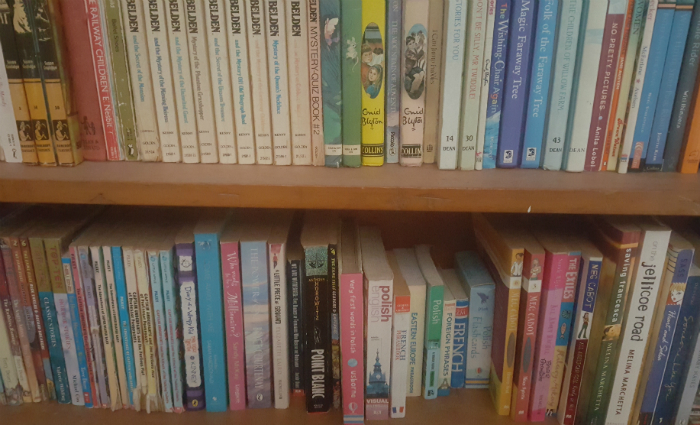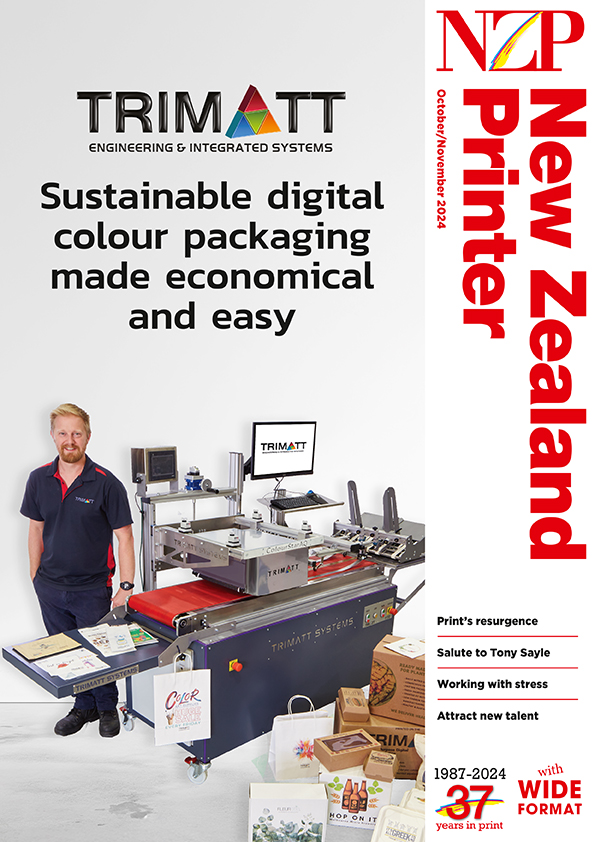Joint research conducted by Melbourne’s Deakin University and Perth’s Murdoch University has found teenagers attracted to physical books, most preferring to engage with printed content despite the onslaught of digital.
The findings – of which only interim results have been released – discovered more than 60 per cent of teenagers aged 12 to 16 who read regularly are turning pages on printed books. The research also shows 50 per cent of young adults read frequently for pleasure.
Deakin School of Communication and Creative Arts professor and project leader Dr Leonie Rutherford says Australian teens are still embracing print texts despite a slew of online e-readers such as eBooks and Kindles made available.
“We surveyed around 550 teenagers and interviewed about 40 in depth, and found that while some are using digital e-readers, the majority say they preferred real, printed books,” says Rutherford.
“The teenagers commented they appreciated the physical and sensory lure of a real book, and said printed texts are often more accessible and easier to handle than e-books. Those who we spoke to in-depth said they prefer the feel of a real object and the fact they can own a book and put it on the shelf.”
Rutherford says the interim findings are surprising in a world where teenagers are stereotyped as digital natives who snub print books.
“There is a lot of panic about a perceived decline in teenage reading, but 40 per cent of the teenagers we surveyed were moderate readers. Only a quarter of participants said they actually own an eBook,” adds Rutherford.
“The market for eBooks is a fluctuating one, when they first came out there was alarm about people deserting print books but that isn’t the case anymore.”
Rutherford’s pilot research also found a small portion of heavy teenage readers own both an eBook and still read printed text.
The research backs up recent industry figures which show a resurgence in book sales, led by children.
The book industry is currently engaged in one of its regular battles with the idealogues in government who want to end the parallel import restrictions, which the local industry says will be damaging to Australian publishing and printing.


